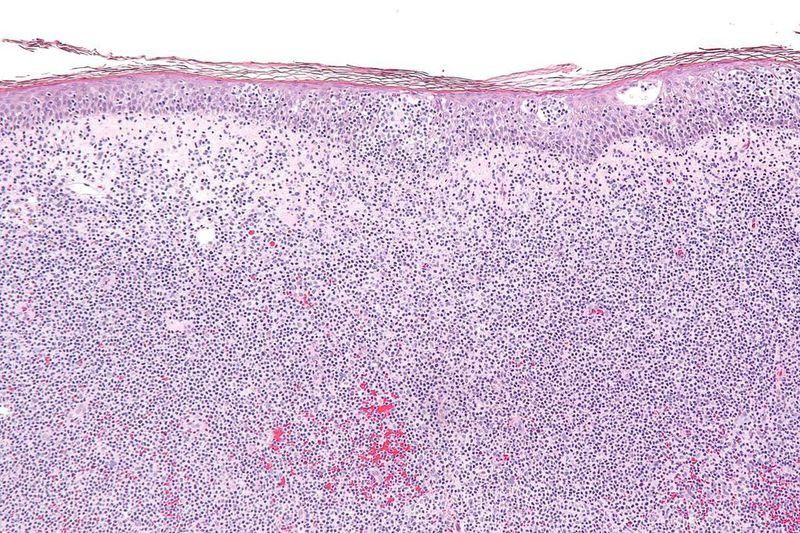
French biotechnology company Innate Pharma has started patient enrolment in the Phase II TELLOMAK clinical trial of IPH4102 for the treatment of various subtypes of T-cell lymphoma (TCL).
IPH4102 is a first-in-class anti-KIR3DL2 humanised cytotoxicity-inducing antibody being developed to treat patients suffering from cutaneous T-cell lymphoma (CTCL).

Discover B2B Marketing That Performs
Combine business intelligence and editorial excellence to reach engaged professionals across 36 leading media platforms.
The investigational candidate secured orphan drug designation in the US and Europe for CTCL.
In January this year, it also received fast track designation from the US Food and Drug Administration (FDA) to treat adults with relapsed or refractory Sézary syndrome who had at least two previous systemic therapies.
The global, open-label, multi-cohort TELLOMAK trial will assess IPH4102 as a single agent, as well as in combination with chemotherapy in up to 250 patients across the US and Europe.
As a monotherapy, the therapeutic will be studied in around 60 Sézary syndrome patients and up to 90 subjects with Mycosis fungoides (MF). The cohorts will enrol patients who received at least two previous therapies.

US Tariffs are shifting - will you react or anticipate?
Don’t let policy changes catch you off guard. Stay proactive with real-time data and expert analysis.
By GlobalDataApproximately 100 Peripheral T-cell lymphoma (PTCL) patients who received at least one prior therapy will be treated with IPH4102 plus standard chemotherapy (gemcitabine and oxaliplatin) combination.
In MF and PTCL patients, IPH4102’s benefit will be assessed according to KIR3DL2 expression.
Arms in the two indications will consist of two cohorts each and will investigate IPH4102 in KIR3DL2 expressing and non-expressing patients.
The trial’s primary endpoint is objective response rate and key secondary measures include treatment emergent adverse events, quality of life, overall response rate, progression-free survival, and overall survival.
Innate Pharma chief medical officer Pierre Dodion said: “The Phase I results demonstrated strong clinical activity, a favourable safety profile and a substantial improvement in quality of life.
“Moreover, we are excited about exploring the activity of IPH4102 in larger subsets of T-cell lymphoma, such as MF and PTCL where patients suffer from a significant medical need and to broaden the potential use of IPH4102.”





